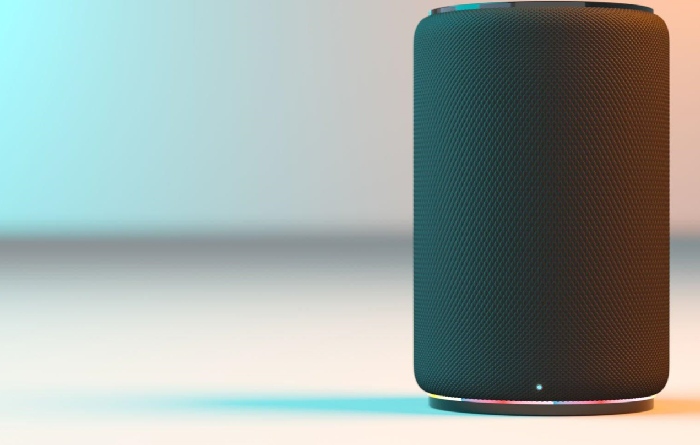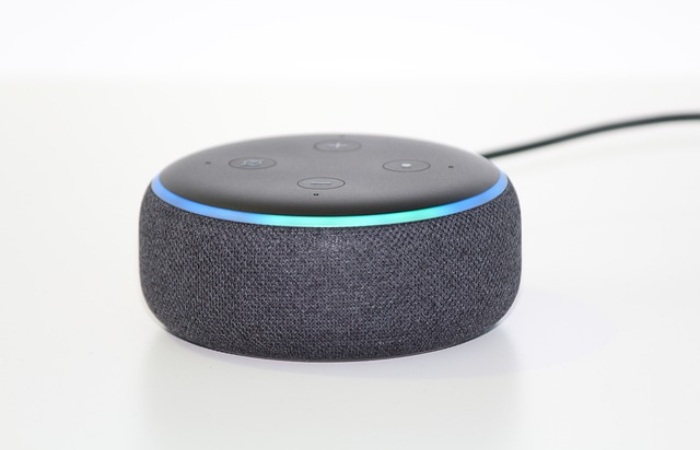A few years ago, personal digital assistants like Apple’s Siri and Amazon’s Alexa, seemed like something out of a sci-fi movie: futuristic and a cool fantasy. Now we are living in that sci-fi fantasy, and that future is incorporated into our lives and only seems to be growing.
Digital assistants can be found in your homes, personal mobile devices, and even offices. Recently, they have undergone a massive transformation and run on operating systems with artificial intelligence.
Digital voice assistants detect and gather data in real-time and can extract information from various sources such as cloud services or smart devices and use AI to contextualize the information to make sense of the situation. You can easily make the most of these AI assistants by connecting them to the internet. You will need an efficient Internet Service Provider (ISP), much like Cox internet. This is because a reliable ISP will ensure that your device such as Alexa, stays connected to the worldwide web, and performs efficiently. Cox internet prices are very affordable and they offer a variety of packages and plans with the option of customization. While we have come a long way in developing and implementing these AI technologies, there is still a lot of work to be done in this area.Particularly, in terms of security.
Table of Contents
Alexa Features
Alexa is a voice assistant developed by Amazon that can perform various tasks and functions through voice commands. Here are some of Alexa’s most popular features:
Smart home integration: Alexa can connect with various smart home devices, such as bright lights, thermostats, and security systems. Users can control these devices with voice commands.
Music streaming: Alexa supports various streaming services, such as Amazon Music, Spotify, and Pandora. Users can ask Alexa to play a specific song, artist, or genre.
Weather updates: Alexa can provide weather conditions and forecasts for specific locations.
News updates: Alexa can provide news updates from various sources, including CNN, Fox News, and NPR.

Shopping: Users can ask Alexa to add items to their Amazon shopping cart or create a shopping list.
Alarms and reminders: Alexa can set alarms and reminders for specific times or events.
Skills: Alexa has a wide range of skills, like apps that users can enable to perform specific tasks, such as ordering a pizza or checking a bank account.
Calling and messaging: Users can use Alexa to make phone calls, send messages, or make video calls to other Alexa users.
Routines: Users can create ways that automate multiple actions with a single voice command, such as turning off lights and playing calming music before bedtime.
Games and trivia: Alexa can play various games and quizzes, including trivia and word games.
The fundamental Issue
It is integral to realize that any smart tech in your home is a calm listener. Privacy experts are exceedingly worried about the extent to which smart home devices are eavesdropping. These devices have been designed with the main aim of listening to and obeying commands that their users may give. However, the concern is what else they hear and how it can seriously jeopardize user privacy. Here is how:
1. Ears of the law
There is concern that law enforcement may have their ears in our workplaces or homes. The use of deeply integrated home smart tech such as these voice-assisted devices threatens to introduce a culture of government surveillance with disturbing consequences. We have seen several examples of how law enforcement and other government agencies in democratic countries have used personal information to spy on people, both in violation of the law and within it. This type of mass surveillance also has significant potential for discrimination.
It is not hard to imagine your images being shared from Alexa at the request of government officials and law enforcement officials who might want to break the letter or spirit of the law. Then how safe are we?
2. Hackers
Wherever technology advances, hackers are not far behind, which means your Alexa speaker is already on some criminal’s radar. Because Alexa is constantly waiting for commands, smart speakers are ideal listening devices if intruders can bypass their security system.
Another food for thought is the videos we upload with our voices without thinking. However, it is becoming increasingly easy for hackers to scan the Internet to combine your voice and create a command for your devices that use speech recognition.
Therefore, your voice-assisted devices such as Alexa can be hacked in several ways. Mostly by hijacking Wi-Fi routers and developing, fake Amazon Skills. These can lead to hacking by changing codes or voice squatting. In extreme cases, this can also be done by activating the device with laser light and frequencies.
3. Devices have eyes
If having a microphone on in your home was not enough, they just had to add a camera to the mix. Even if you are aware of the potential invasion of privacy by a microphone, the camera is on a completely different level.
One of Amazon’s newest devices, the Echo Look, has a camera designed to take regular photos of you and help you get fashion tips. While the intention behind it is good, do you feel comfortable having a camera in your living room that can take pictures of your home? Or worse, catch you in your underwear? Yikes!

How to save yourself from Alexa’s prying?
The biggest difference to understand when it comes to Alexa is listening and recording. Alexa is constantly listening to your conversations at home. However, the recording will not start until the magic word is used. For example, you use words like “Alexa” to start the device.
Technically, Alexa will not save your discussions if you do not use such words. Therefore, you are partially safe. However, this is not always the case. You are always at risk when using technology, and many cases show that private conversations are transmitted over the Internet, violating user privacy. With the way technology is incorporated into our lives, there is no avoiding it, so here are a few tips to help you to protect yourself:
- Delete any recordings
- Do not place Alexa or any device near windows or doors
- Mute the smart speakers
- Ensure a secure internet connection.
Alexa is Amazon’s voice
Alexa is Amazon’s voice assistant and is designed to make our lives easier by allowing us to interact with technology hands-free. However, like all voice assistants, there are concerns about privacy and the potential for Alexa to put your privacy at risk.
One of the main concerns with Alexa is that it is always listening. Alexa is designed to respond to specific trigger words, such as “Alexa” or “Echo,” but it is constantly listening for these words. This means that it is possible for Alexa to pick up and record conversations that you may not want it to hear.
Another concern is that Alexa stores your voice recordings. These recordings are used to improve Alexa’s performance and personalize your experience, but they also contain personal information that could be used to identify you. There have been cases where these recordings have been accessed by unauthorized individuals or companies.
There are also concerns about the third-party skills that are available for Alexa. These skills are developed by third-party developers and can be used to add new functionality to Alexa, such as ordering food or controlling smart home devices. However, some of these skills have been found to be collecting and sharing user data without their consent.
To protect your privacy when using Alexa, there are several steps you can take. First, you can turn off the microphone when you are not using Alexa. You can also delete your voice recordings and limit the types of data that Alexa can access. Additionally, you can be cautious about the third-party skills you enable and make sure that they are from reputable developers.
In conclusion, while Alexa can be a convenient and helpful tool, it is important to be aware of the potential privacy risks and take steps to protect your personal information when using this technology.
Wrapping it up
Technology certainly makes your life easier. However, with all the simplistic smart gadgets, there are risks too. Hackers gain access to Alexa to steal your personal information such as recorded conversations, confidential information, etc. So try to increase your security settings by deleting calls in time or never saving them in the first place. Also, do not forget to turn off the microphone and camera. Enjoy the luxury cautiously!

